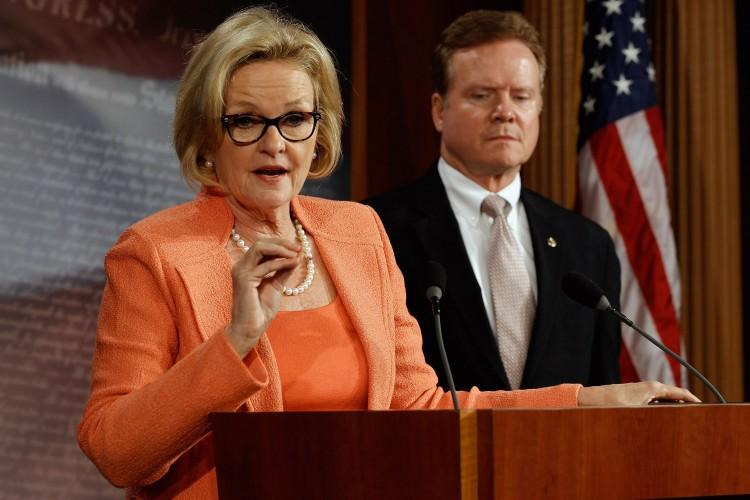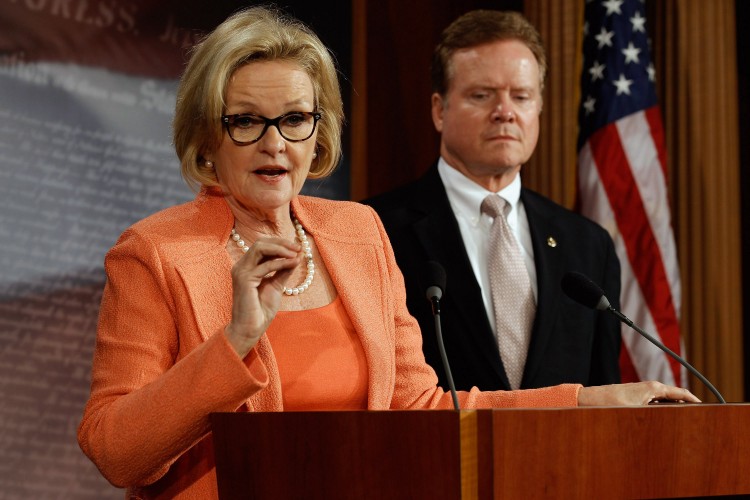WASHINGTON—When Lockheed Martin engineer Michael DeKort found dangerous faults in the remodeling of U.S. Coast Guard vessels, he informed the Lockheed joint venture company handling the refit. The company, shared with Northrop Grumman Corporation, first ignored him and after he persisted, fired him.
DeKort filed a lawsuit in 2006, and one year later, the Coast Guard decommissioned the boats on safety grounds.
It was four years later, however, before DeKort settled with Lockheed for an undisclosed amount and his claims were substantiated. DeKort’s story was one of a number of stories cited by Angela Canterbury, director of Public Policy, at a Senate hearing on whistle-blower protection for government contractors late last year.
There are around 12 million government contractors in the United States. Around one-half of the federal budget in fiscal year 2011 was spent on prime awards to contractors and grantees, states and localities, and others, Canterbury said in her statement at the hearing.
That constituted “a whopping sum of $1.9 trillion in taxpayer dollars,” she said, adding that it was money “spent without protecting those on the front lines who come forward when they witness waste, fraud, and abuse.”
Tom Devine is the legal director for the nonprofit, nonpartisan Government Accountability Project (GAP), based in Washington, D.C. He said that corruption in government contracting is a huge issue not only in the United States, but also worldwide.
“Government contracts are the magnet for corruption,” Devine said. Corruption is rife because of the secrecy surrounding contracts, which are “without the normal checks and balances of a government institution,” he said.
The GAP and other advocates for whistle-blower protection are rallying support for an amendment to the National Defense Authorization Act for Fiscal Year 2012 (S. 1867), which was proposed by Sens. Claire McCaskill (D-Mo.) and Carl Levin (D-Mich.).






